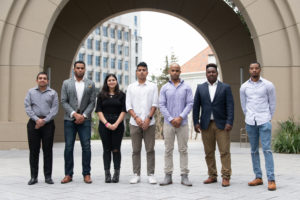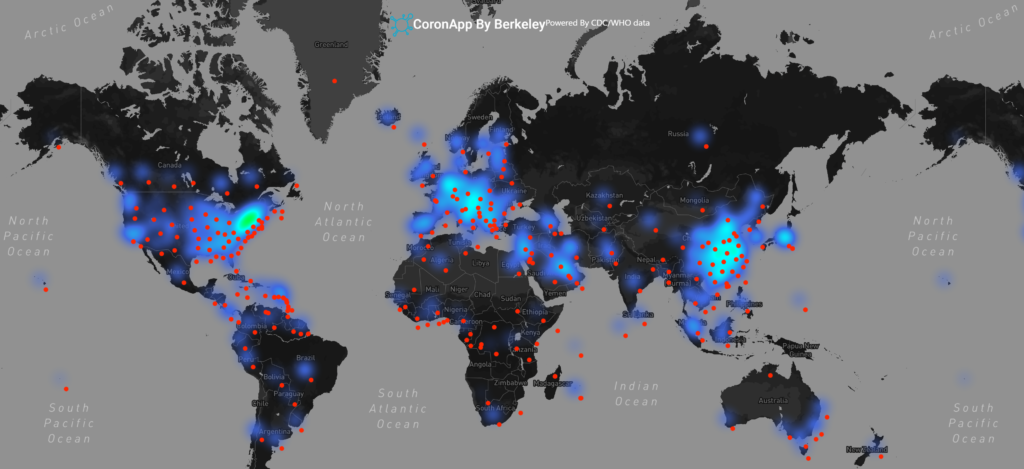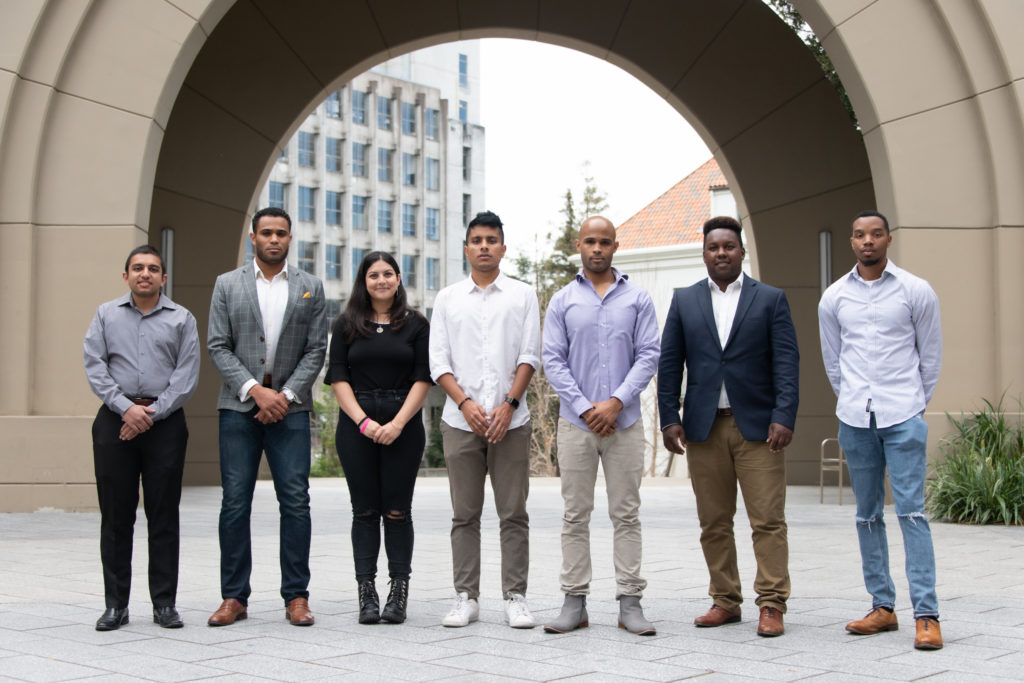It has been just over a month since the virus has hit the globe, and much, if not everything, has changed. The Covid-19 infection has brought with it an equally viral undertone of psychological unease. People are anxious around others, and rightfully so.
This pandemic is unique in that it has occurred in the most hyper-connected era in human history, where information travels at light speed through screens and fingertips. As a result of our status in history, many of us are experiencing a Coronavirus data deluge, where new updates are flooding our screens from 100 different directions. With excessive coverage being pumped out by every single network, the average person is dealing with information overload.
A group of Berkeley students recently set out to help solve this issue.
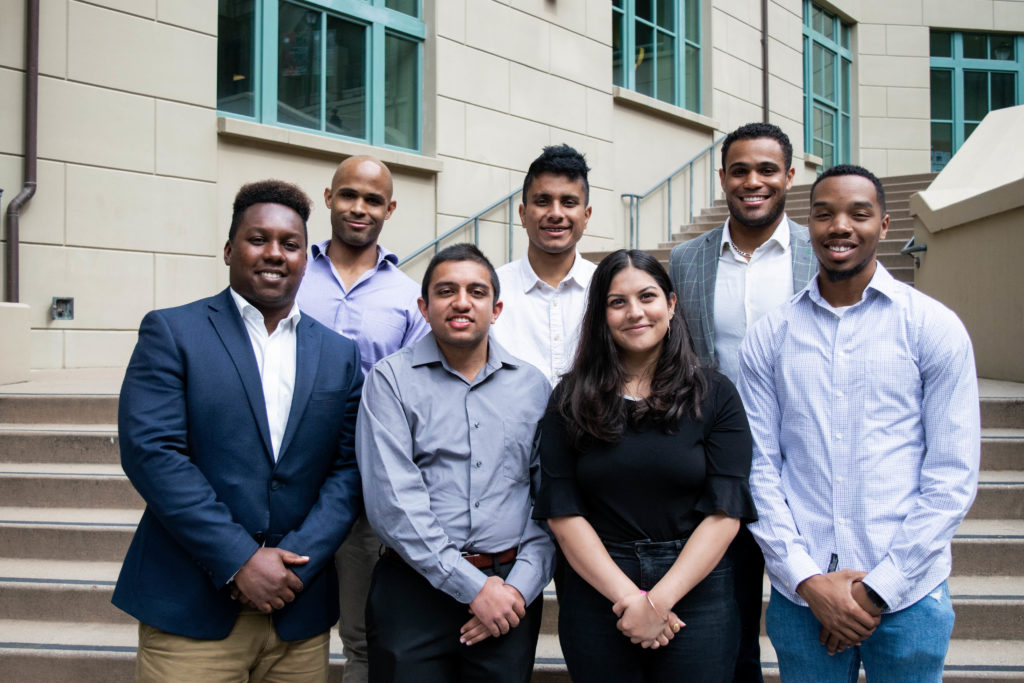
Over the past several weeks, this team of Berkeley engineers and business majors have combined their brainpower to code, design, implement, market, and release CoronApp, a web and mobile platform for tracking the Coronavirus. The app provides live-updated information about your susceptibility to the virus based on location data as well as relevant news and updates. Founder Anushka Purohit told us a little more about it:
What is the purpose of the application?
“We wanted to create a platform that has all the information one should know about the coronavirus in one place. From statistics, to simple facts like how you should wash your hands, we wanted to create an easy platform for people to navigate this information.”
How are you keeping the app up to date with the latest data?
“The application is updated constantly as it is powered by data provided by CDC and WHO, both providers of open-source data. Moreover, we have the ability to input relevant information manually into the application.”
How is your app different than other coronavirus tracking apps out there?
“When we were developing this application, to begin with, there were no other applications. There were only websites that provided chunks and chunks of information. Now, while there are still other applications, everyone seems to only focus on world data: nobody has tried to create a platform that providers each user with a localized user experience. Our application does this. Using the phone’s location, the app automatically zooms into the user’s location on the map, allowing them to see the reports of cases around them. This is the most important information people are looking for, and now, they can find it within seconds.”
How often will it be updated?
“The application is updated in real-time.”
Is there any data about how many people have been tested in each area?
“As of now, there is only data about the number of people who have recovered, the number of deaths and the total number of people infected. In the near future, we hope to have information about the number of new cases, as compared to yesterday, for example, for each location, also on display. While we currently do not have data on how many people have been tested, we hope to soon partner with hospitals in the area to get this information. We are currently in talks with these places.”
It’s incredible to know that even in the most uncertain of circumstances, students are able to band together, collaborate, and create a useful tool to benefit society at large. And based on the look of this team, I can tell they are confident that it will work.
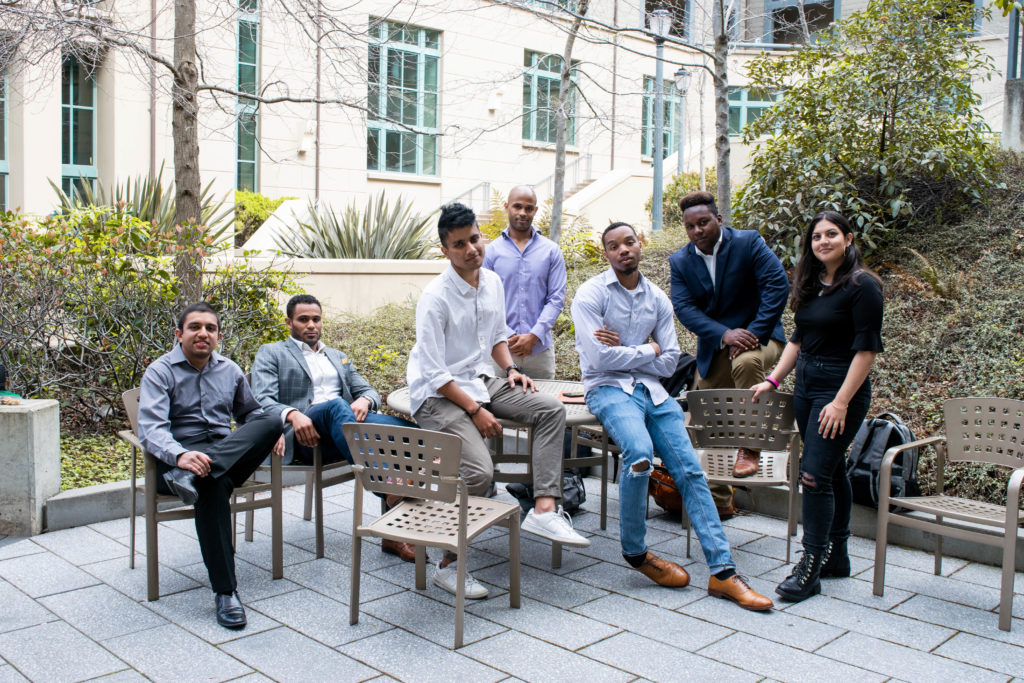
The team behind this project serves as a timely reminder to remain active and tenacious in the pursuit of our goals. It would be easy to use the present state of affairs as an excuse to slack off and stay passive. However, we at Berkeley are fortunate enough to have a vast network of inspired and innovative minds to collaborate and create with.
Remember, “when the going gets tough, the tough get going.” Write a journal, clean your room, read that book you’ve been putting off, find a new coding project, build that long-awaited website, call your family members. Find a way, however small, to contribute to your long-term goals and to the lives of others. And most importantly, do not give up or lose hope.
One way you can help others (and make yourself feel better) is to donate to help get emergency support to those affected by the coronavirus. Here are links to two great causes: the CDC Foundation’s Coronavirus Defense Fund and the GlobalGiving Fund.
It has been just over a month since the virus has hit the globe, and much, if not everything, has changed. The Covid-19 infection has brought with it an equally viral undertone of psychological unease. People are anxious around others, and rightfully so.
This pandemic is unique in that it has occurred in the most hyper-connected era in human history, where information travels at light speed through screens and fingertips. As a result of our status in history, many of us are experiencing a Coronavirus data deluge, where new updates are flooding our screens from 100 different directions. With excessive coverage being pumped out by every single network, the average person is dealing with information overload.
A group of Berkeley students recently set out to help solve this issue.

Over the past several weeks, this team of Berkeley engineers and business majors have combined their brainpower to code, design, implement, market, and release CoronApp, a web and mobile platform for tracking the Coronavirus. The app provides live-updated information about your susceptibility to the virus based on location data as well as relevant news and updates. Founder Anushka Purohit told us a little more about it:
What is the purpose of the application?
“We wanted to create a platform that has all the information one should know about the coronavirus in one place. From statistics, to simple facts like how you should wash your hands, we wanted to create an easy platform for people to navigate this information.”
How are you keeping the app up to date with the latest data?
“The application is updated constantly as it is powered by data provided by CDC and WHO, both providers of open-source data. Moreover, we have the ability to input relevant information manually into the application.”
How is your app different than other coronavirus tracking apps out there?
“When we were developing this application, to begin with, there were no other applications. There were only websites that provided chunks and chunks of information. Now, while there are still other applications, everyone seems to only focus on world data: nobody has tried to create a platform that providers each user with a localized user experience. Our application does this. Using the phone’s location, the app automatically zooms into the user’s location on the map, allowing them to see the reports of cases around them. This is the most important information people are looking for, and now, they can find it within seconds.”
How often will it be updated?
“The application is updated in real-time.”
Is there any data about how many people have been tested in each area?
“As of now, there is only data about the number of people who have recovered, the number of deaths and the total number of people infected. In the near future, we hope to have information about the number of new cases, as compared to yesterday, for example, for each location, also on display. While we currently do not have data on how many people have been tested, we hope to soon partner with hospitals in the area to get this information. We are currently in talks with these places.”
It’s incredible to know that even in the most uncertain of circumstances, students are able to band together, collaborate, and create a useful tool to benefit society at large. And based on the look of this team, I can tell they are confident that it will work.

The team behind this project serves as a timely reminder to remain active and tenacious in the pursuit of our goals. It would be easy to use the present state of affairs as an excuse to slack off and stay passive. However, we at Berkeley are fortunate enough to have a vast network of inspired and innovative minds to collaborate and create with.
Remember, “when the going gets tough, the tough get going.” Write a journal, clean your room, read that book you’ve been putting off, find a new coding project, build that long-awaited website, call your family members. Find a way, however small, to contribute to your long-term goals and to the lives of others. And most importantly, do not give up or lose hope.
One way you can help others (and make yourself feel better) is to donate to help get emergency support to those affected by the coronavirus. Here are links to two great causes: the CDC Foundation’s Coronavirus Defense Fund and the GlobalGiving Fund.

